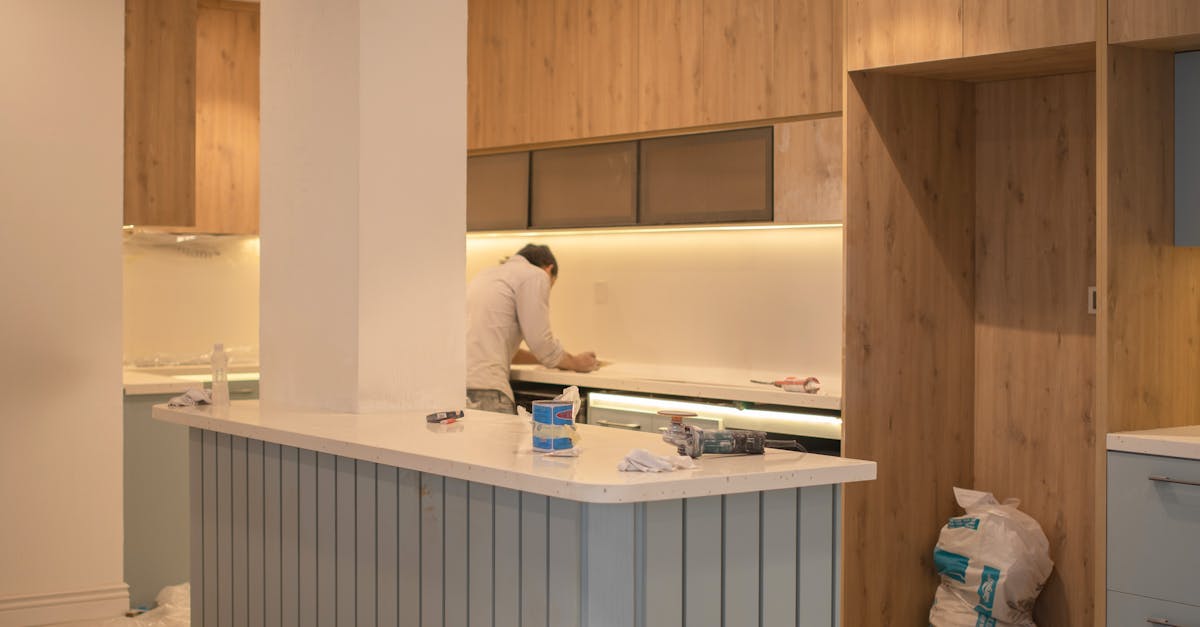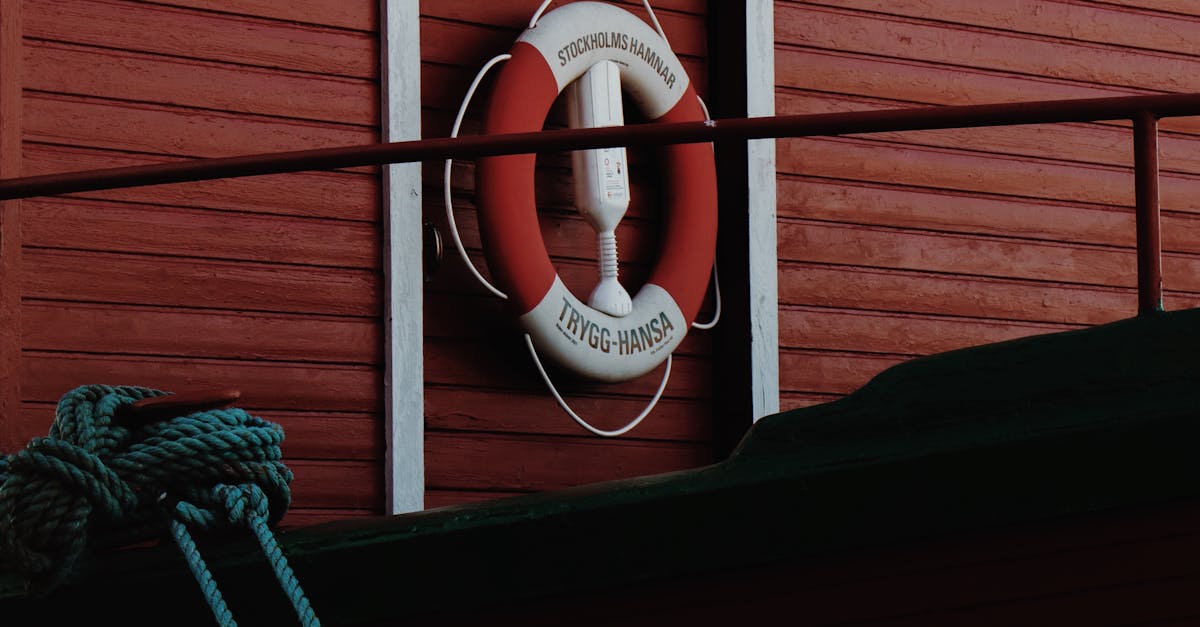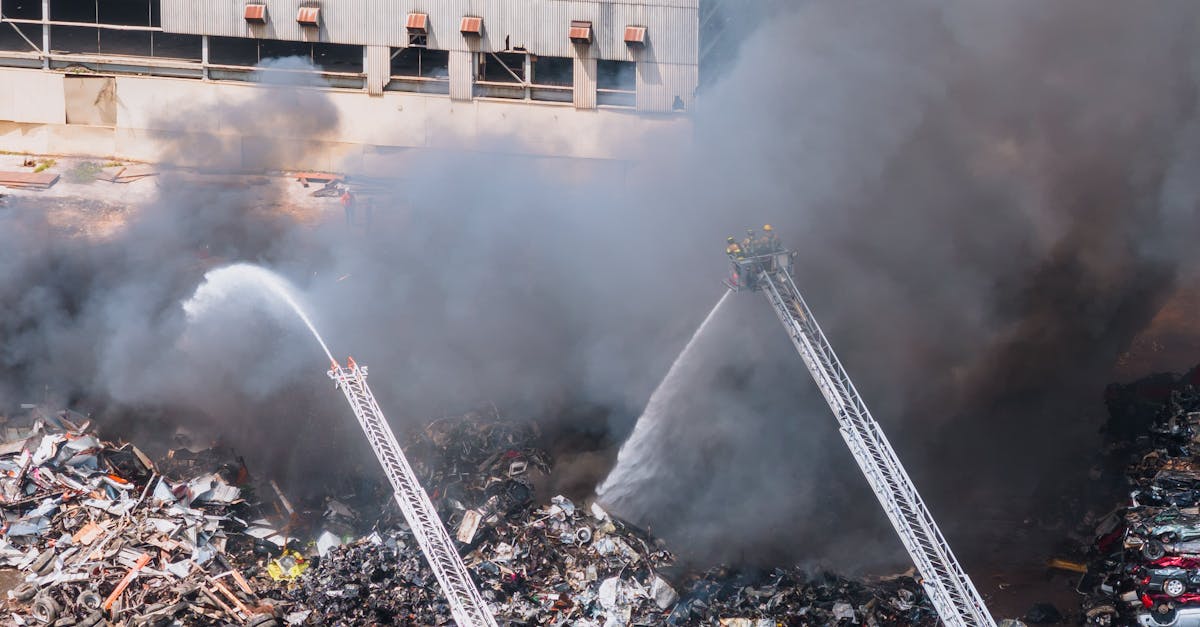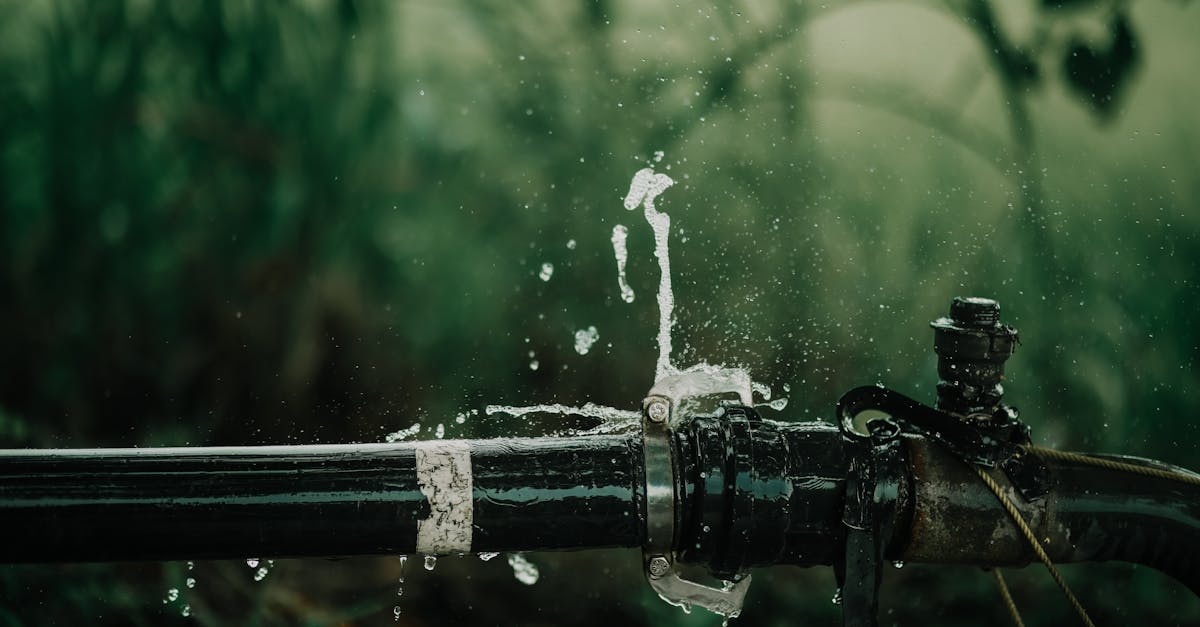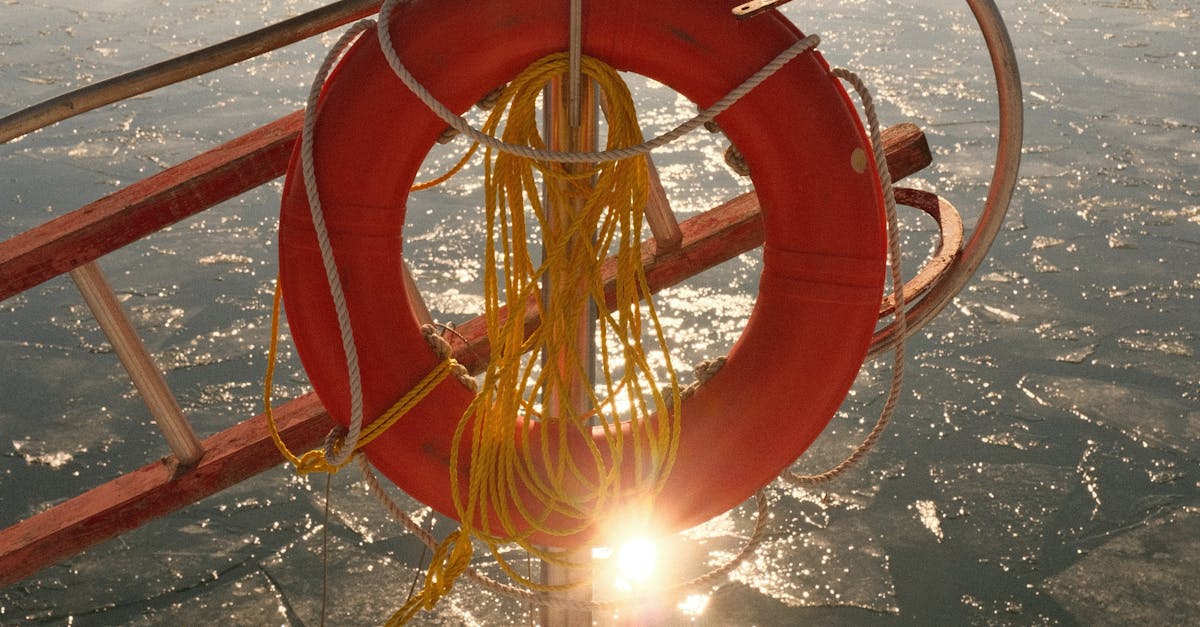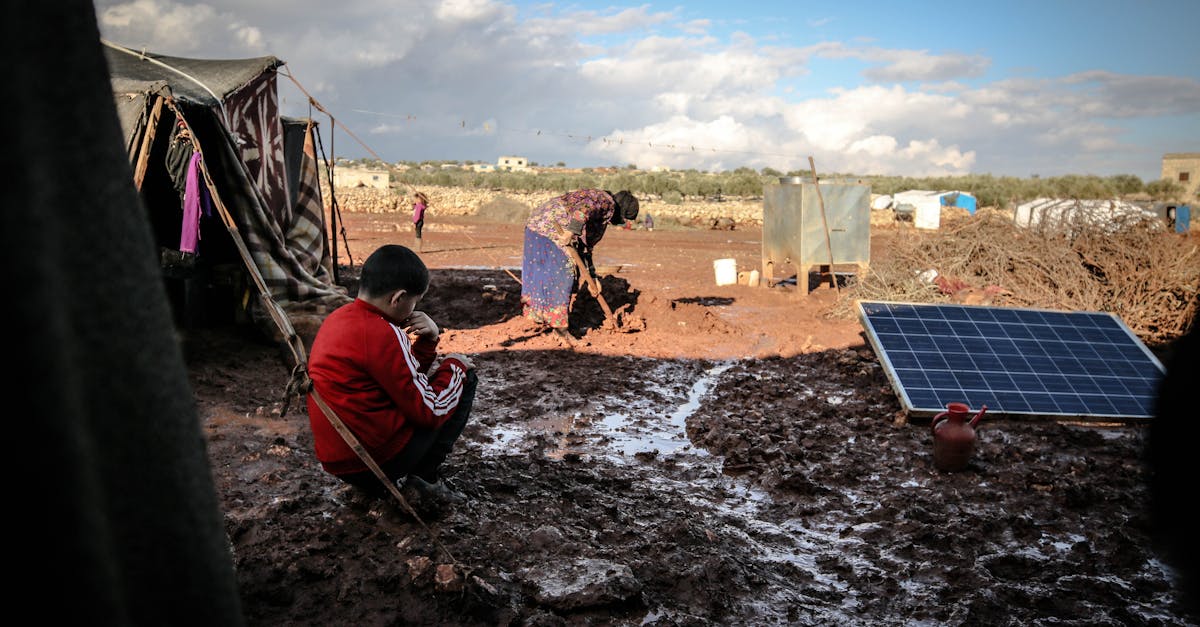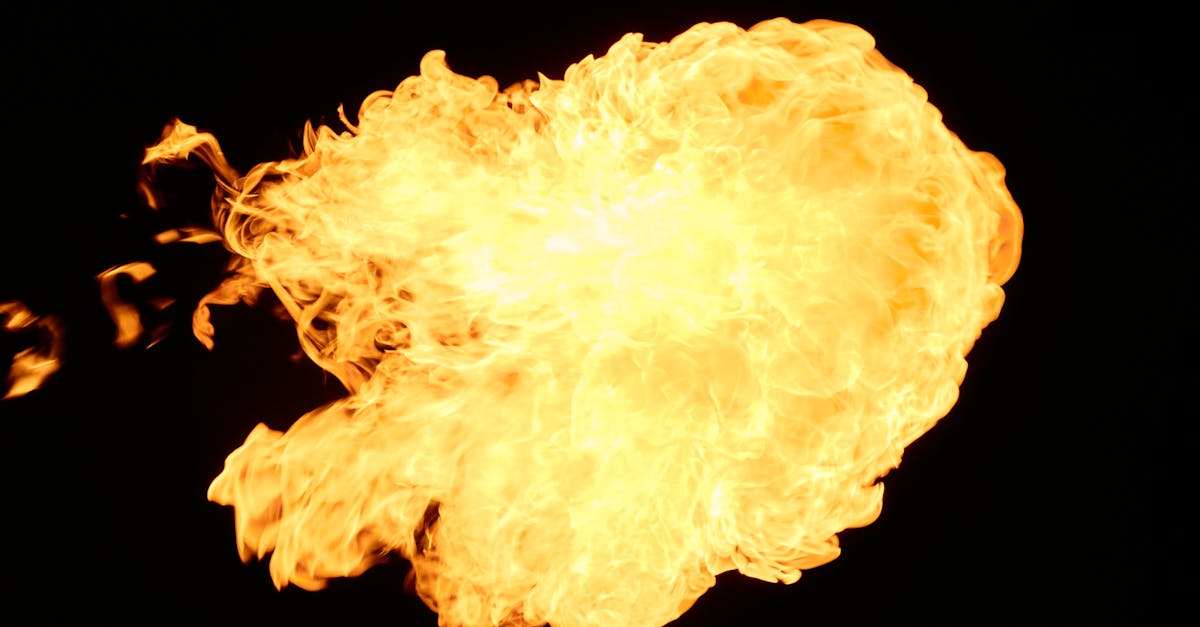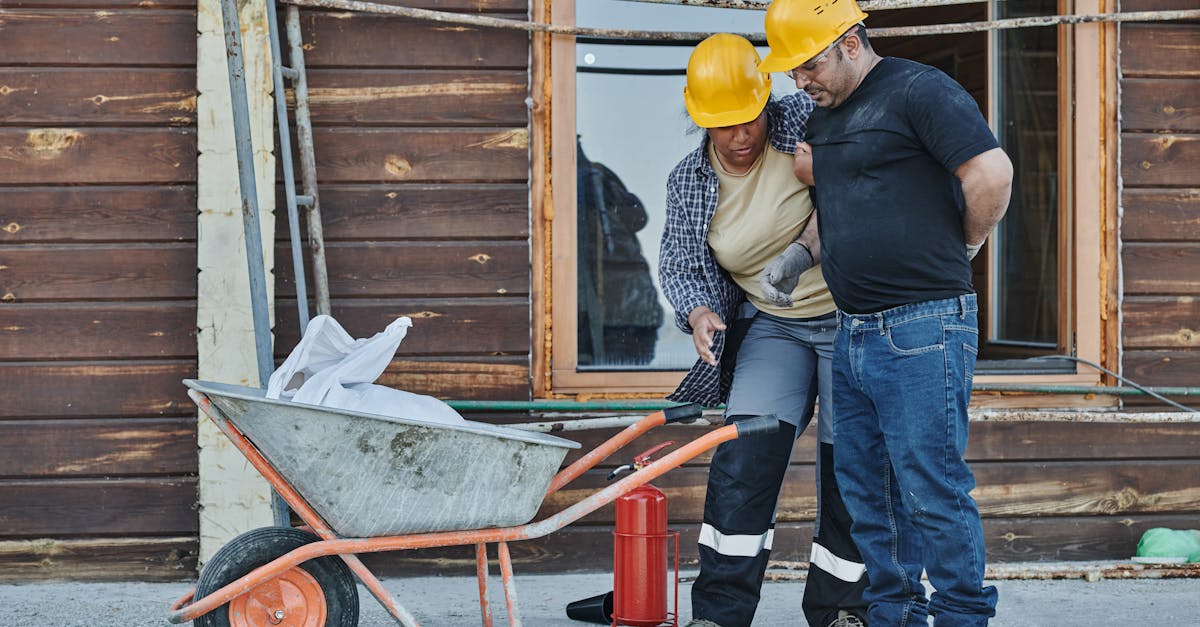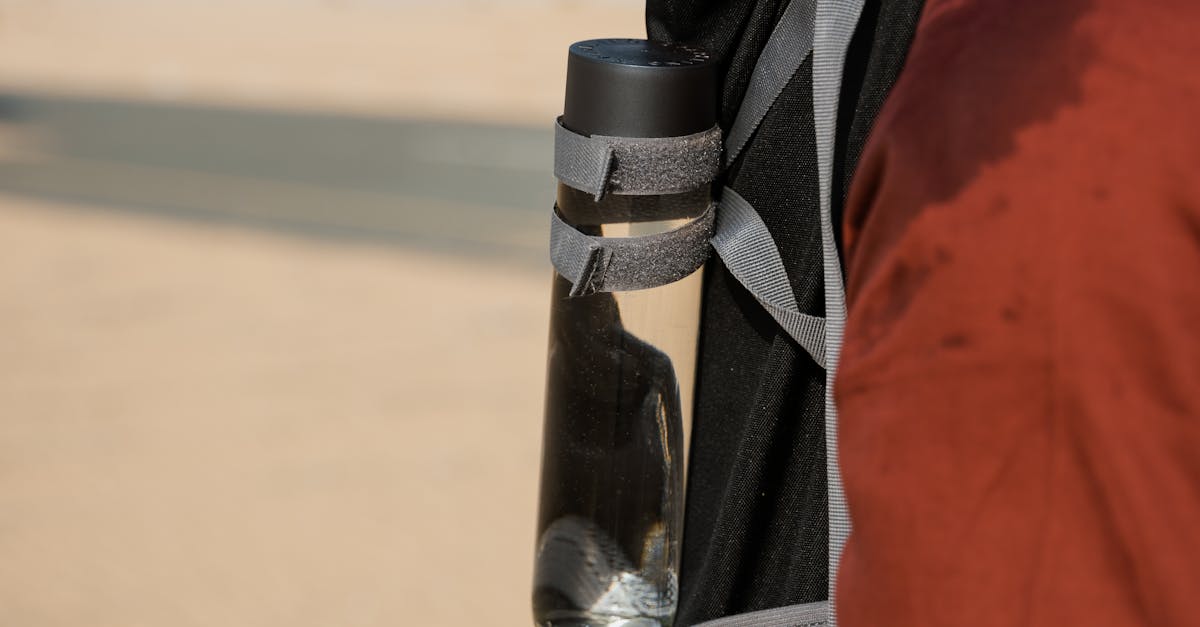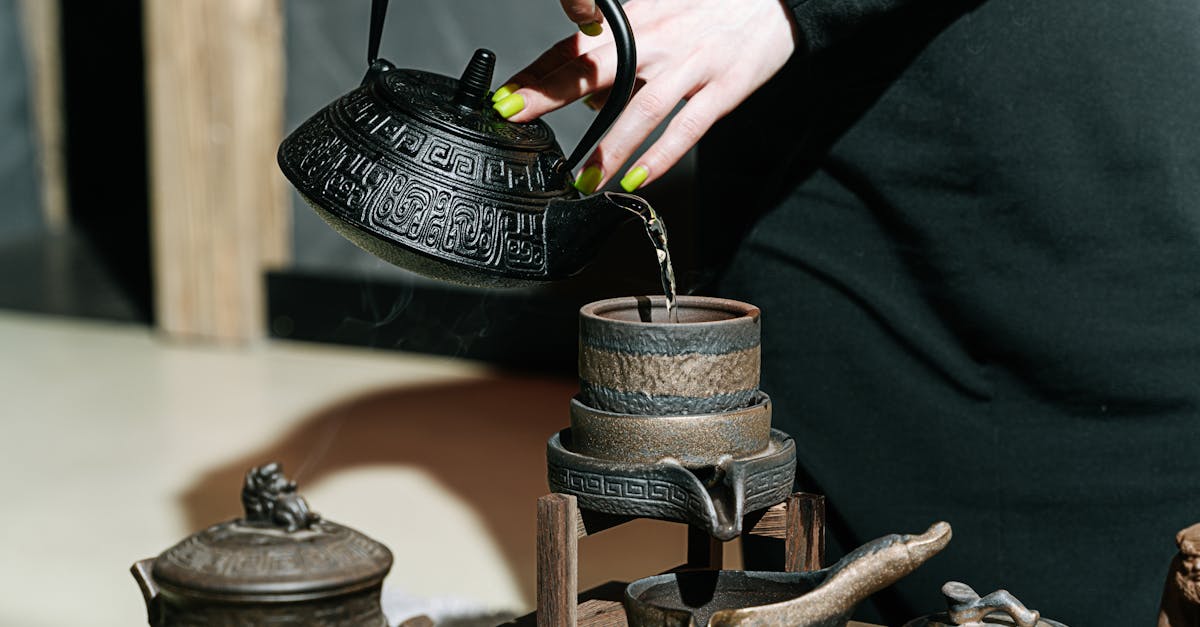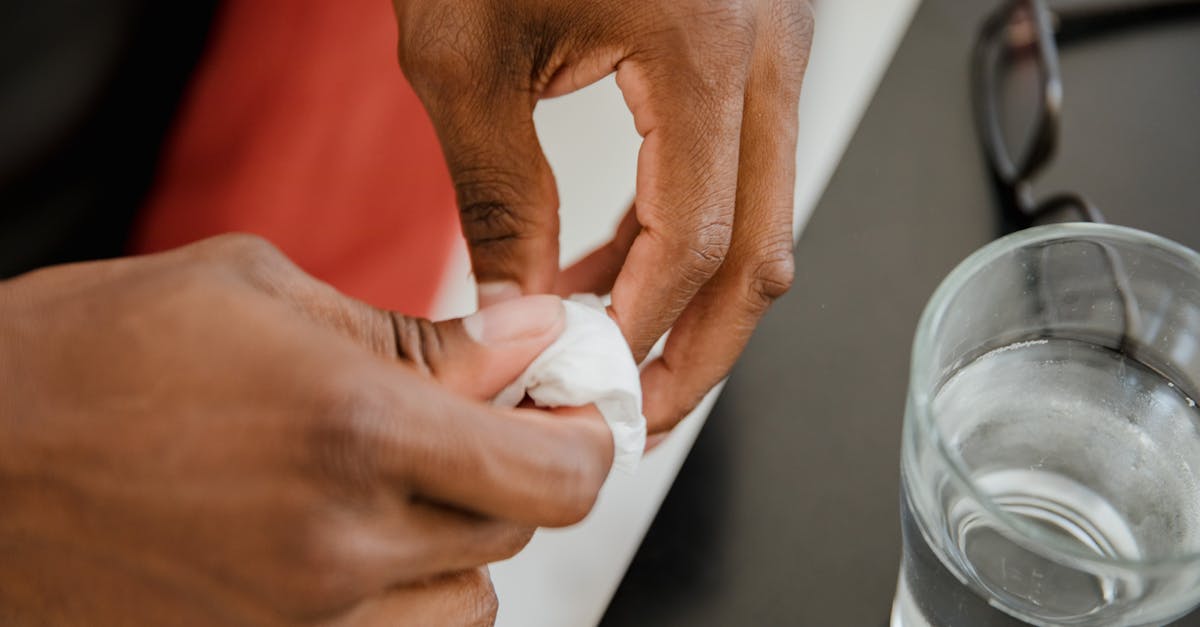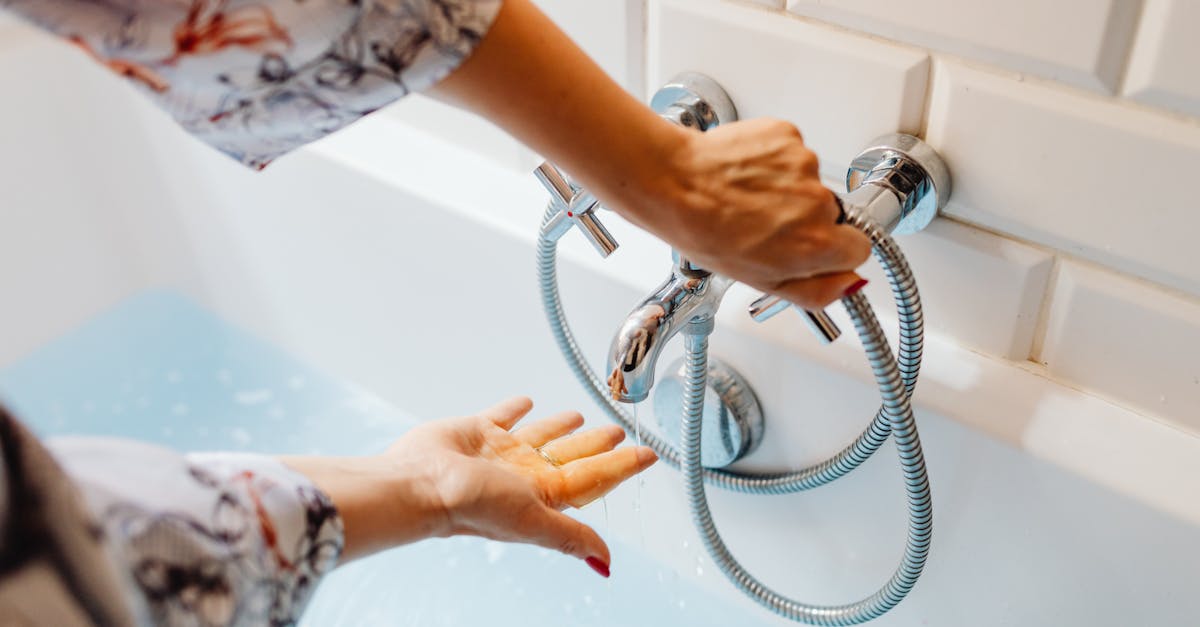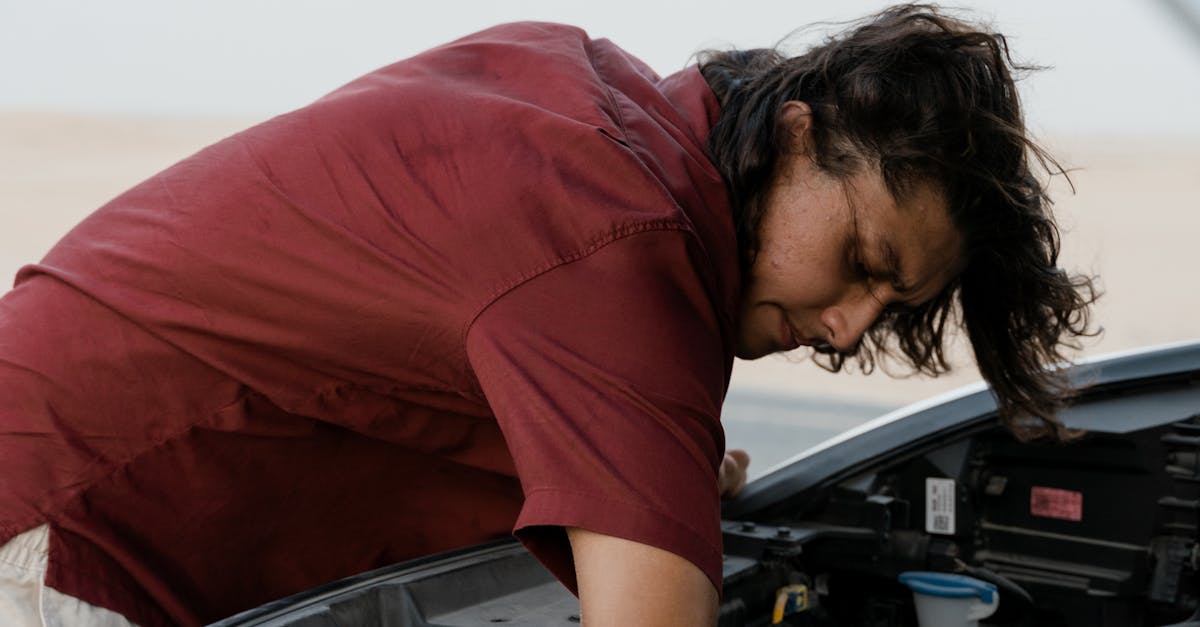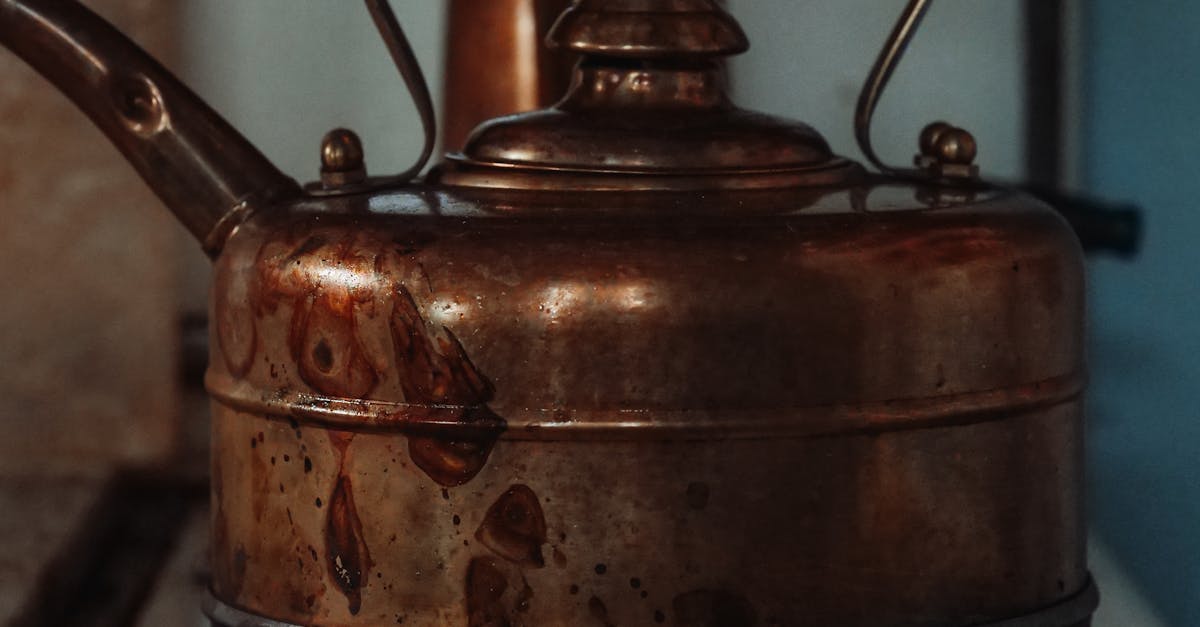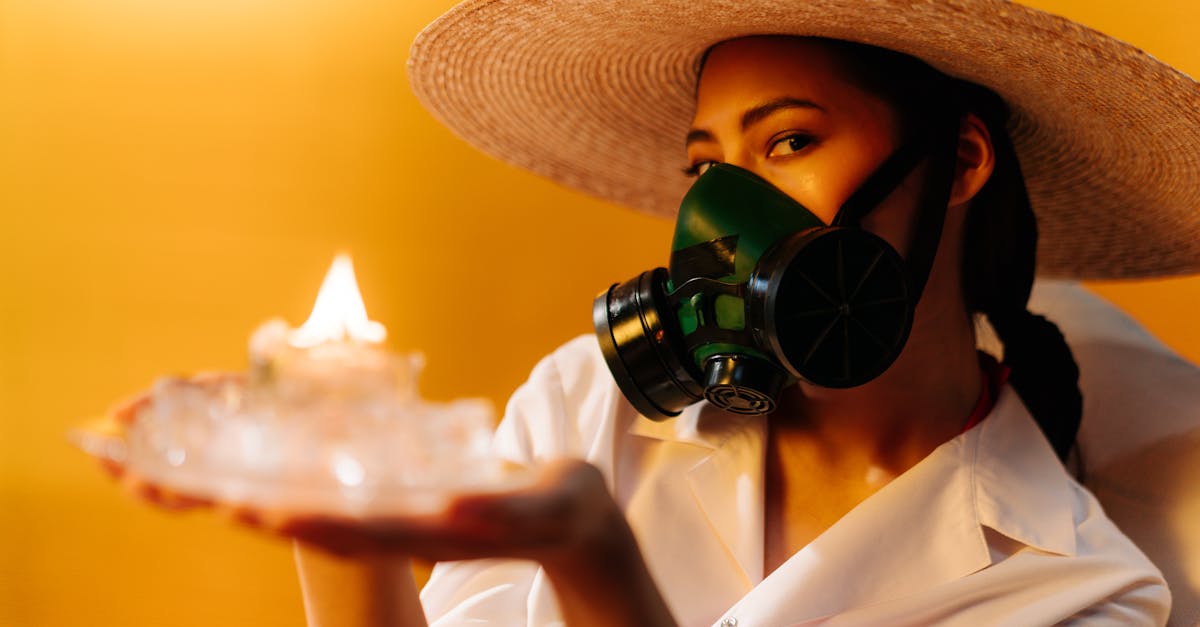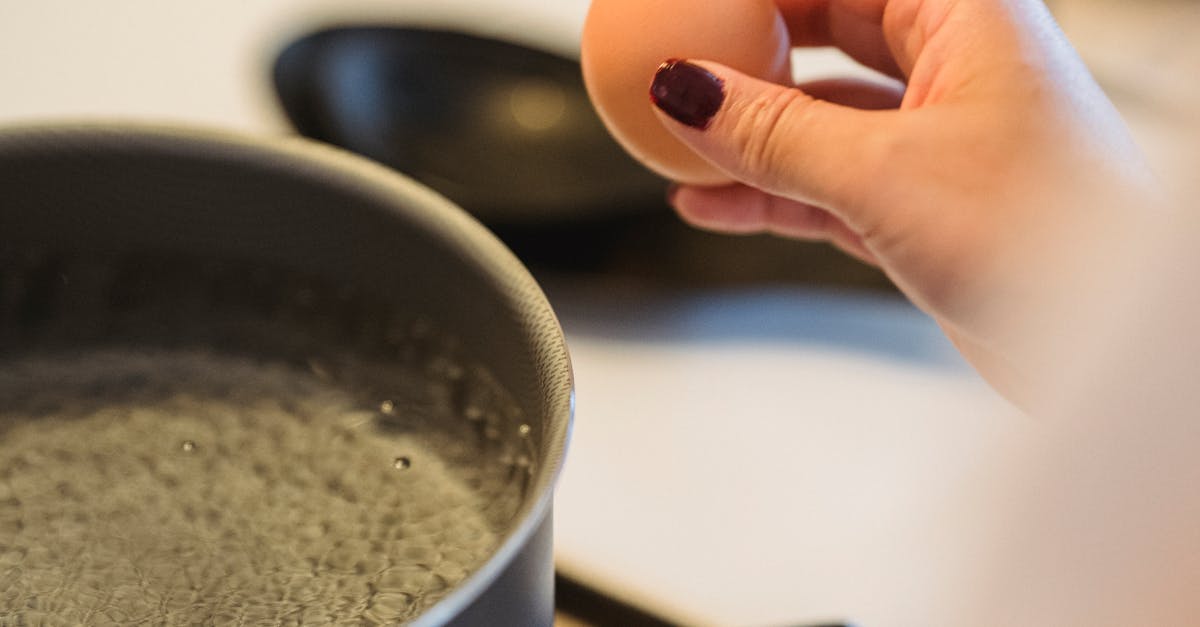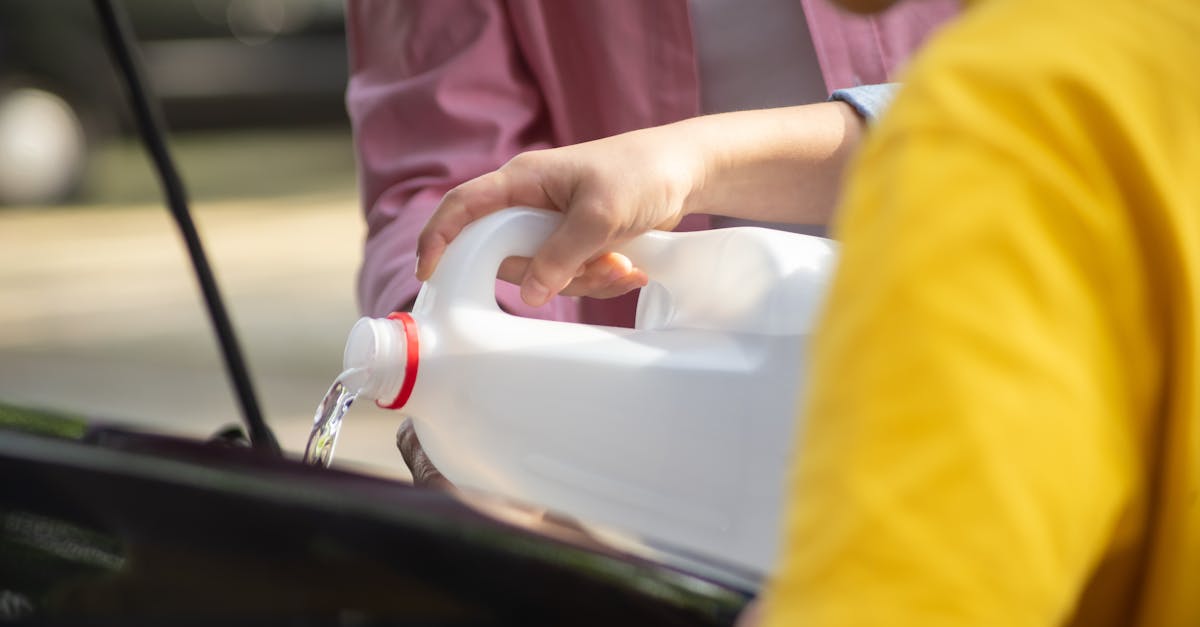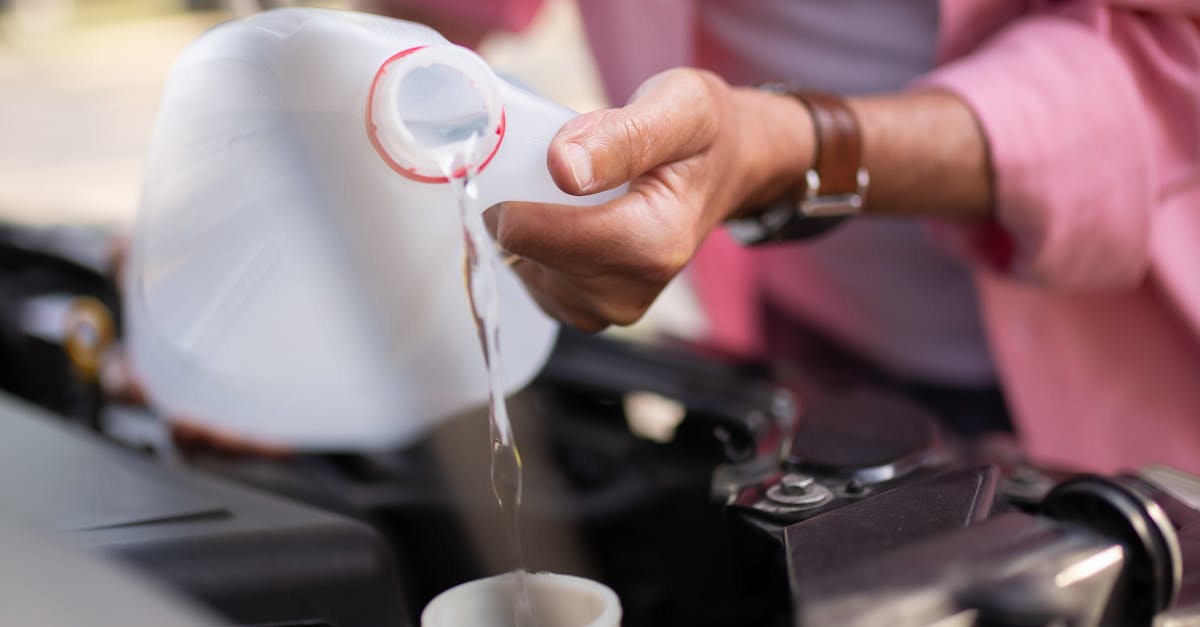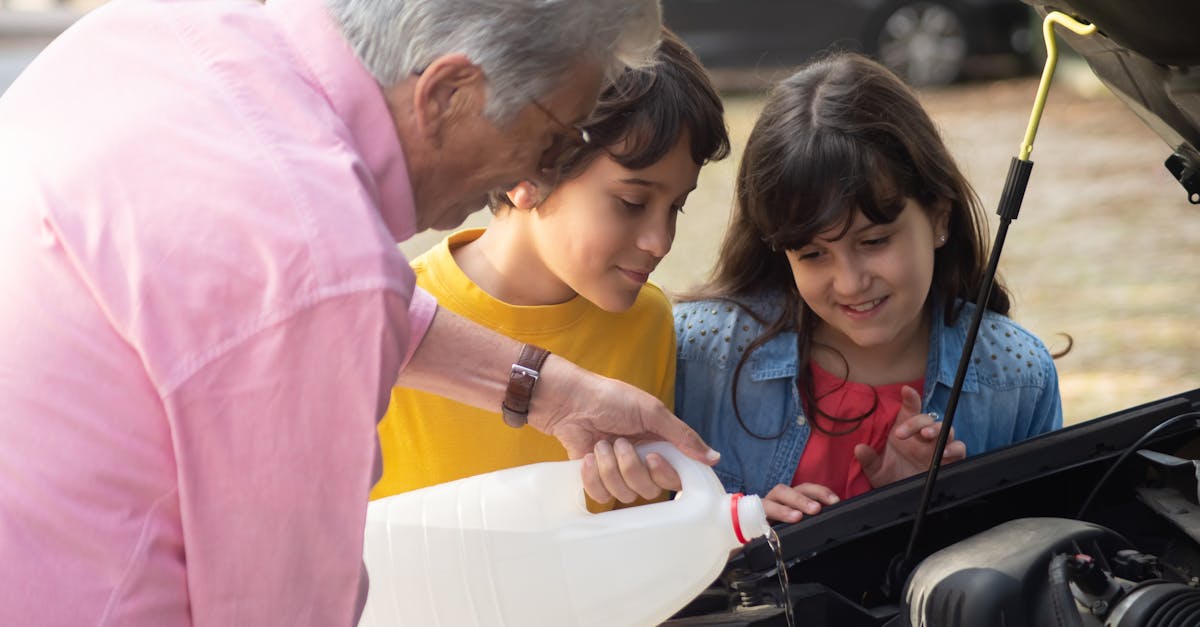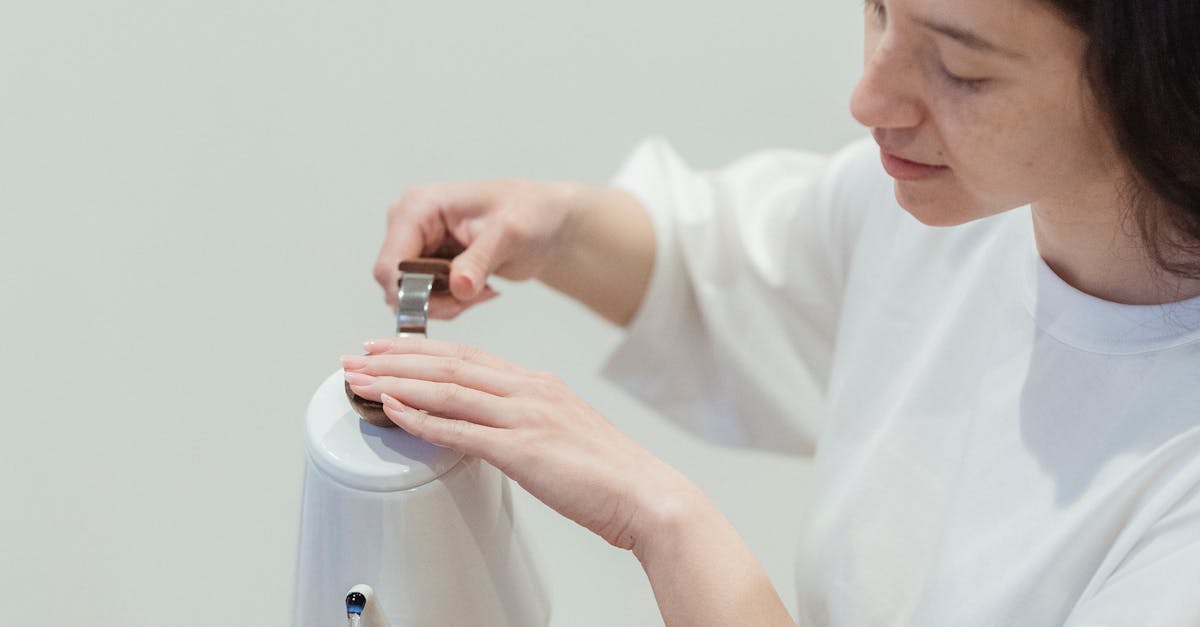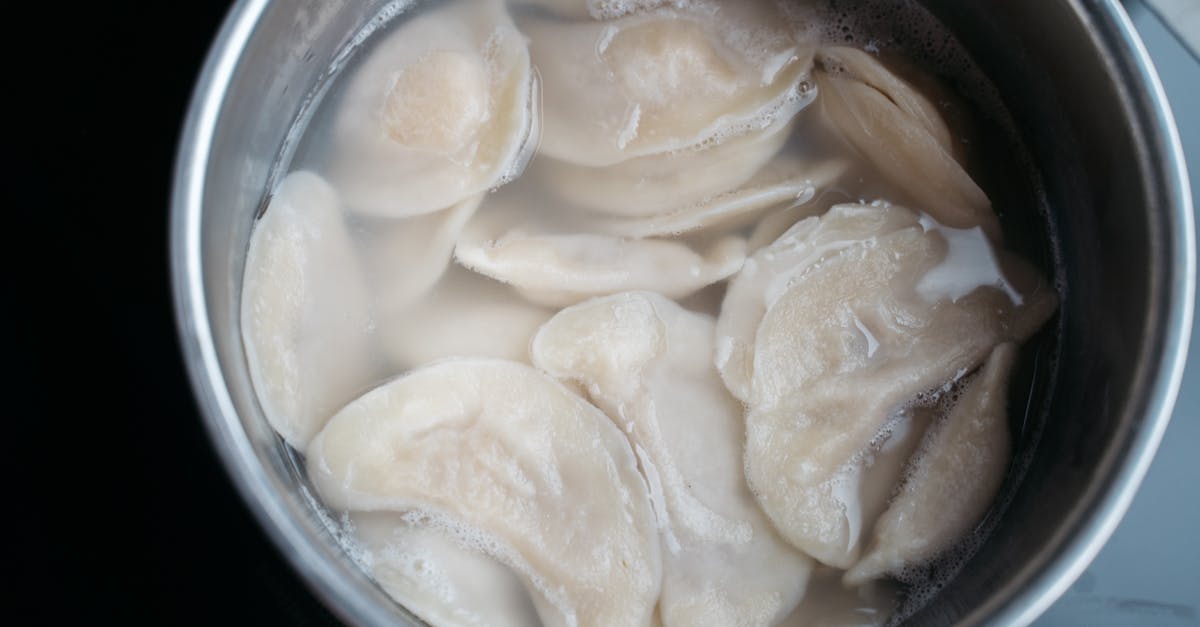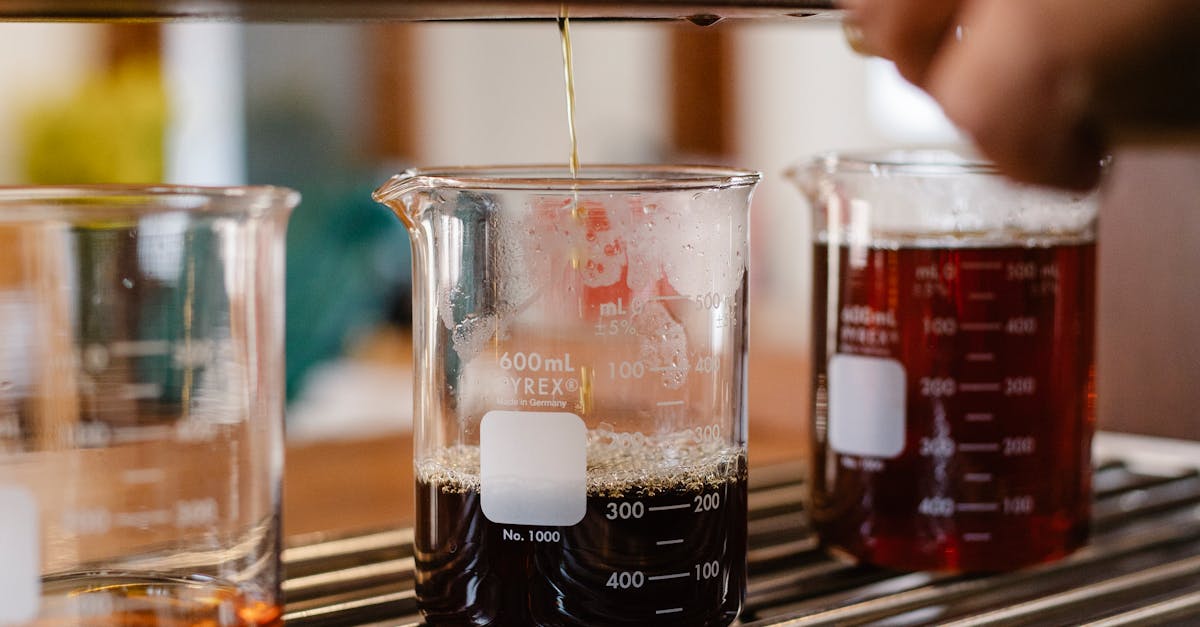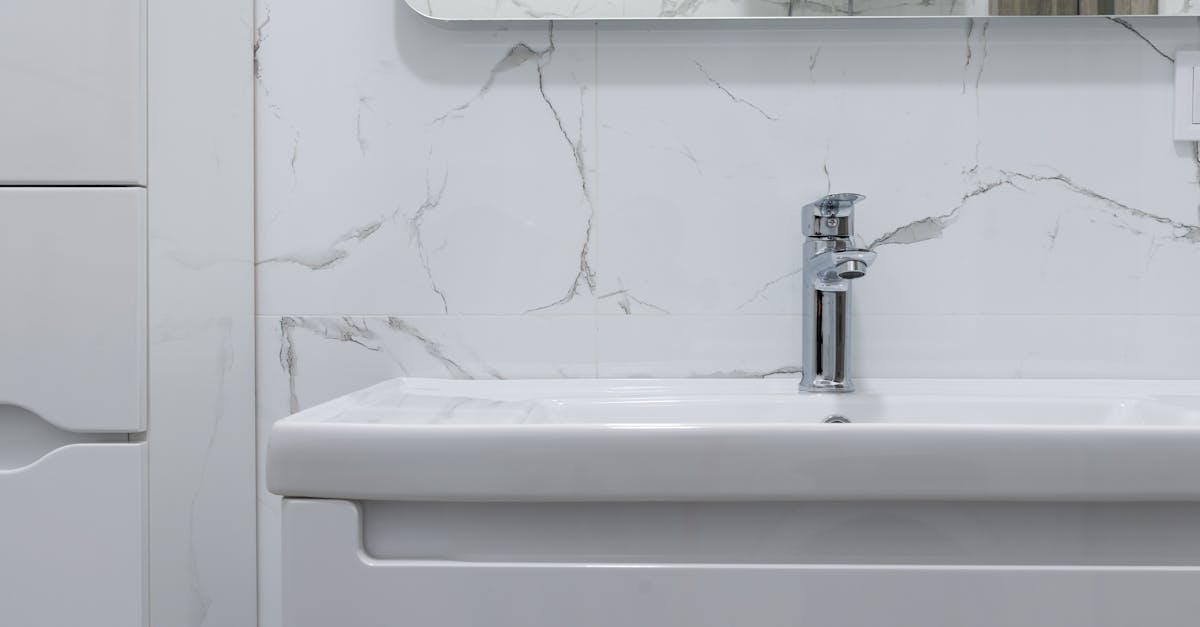
Table Of Contents
Upgrading Your Hot Water System
Upgrading your hot water system can dramatically improve efficiency and ensure a steady supply of hot water. Modern options like tankless water heaters offer on-demand heating, eliminating the need for bulky storage tanks. This enhances space utilisation and reduces energy consumption, leading to a lower utility bill. Assessing the age and condition of your current system is essential, as older models may struggle to meet your household's demands. If you're encountering persistent problems, an emergency hot water repair might not only address immediate issues but also indicate that a full upgrade is necessary.
Considering advanced systems could also involve incorporating smart technology for better temperature regulation. Some newer models provide remote access, allowing you to adjust settings from your smartphone. This kind of upgrade can offer convenience alongside energy savings. Evaluating the specific needs of your household is crucial because different systems come with varying capacities and features. Engaging with professionals can help guide your decision, ensuring that you select a system that not only resolves current issues but also accommodates future needs.
Signs It’s Time for a Replacement
Recognising the signs that it’s time to replace your hot water system can save you from unexpected cold showers and expensive emergency hot water repair costs. If you notice inconsistent water temperatures, such as lukewarm water when you expect heat, it may indicate a failing unit. A significant drop in pressure or prolonged delays in reaching desired temperatures could also suggest that your system is nearing the end of its lifespan.
Age is another critical factor to consider. Most hot water systems have a lifespan of around 8 to 12 years. If your unit is older and starting to show signs of rust, leaks, or frequent breakdowns, it’s wise to start exploring replacement options. Not only can an old system mean rising energy bills, but it can also lead to ongoing maintenance headaches and emergency hot water repairs that may not be worth the investment.
Exploring Alternative Water Heating Methods
Exploring alternative water heating methods can introduce efficiency and sustainability into your home. Heat pump systems, for instance, draw heat from the air or ground to heat water, significantly reducing energy consumption compared to traditional electric or gas systems. Solar water heaters are another popular option in Australia, harnessing sunlight to produce hot water. These systems can drastically lower your energy bills and carbon footprint. When opting for an alternative method, consider the initial investment against long-term savings.
In the event of a breakdown, knowing your alternatives can prevent significant inconvenience. Emergency hot water repair services can assist in rectifying issues with existing systems, but transitioning to a more sustainable option may provide a permanent solution. Electric continuous flow systems offer on-demand hot water, while gas storage units can be effective for larger households. Assessing your lifestyle and energy needs will help determine the best fit for your home and budget.
Renewable Energy Options for Hot Water
Renewable energy options for hot water have gained significant traction as households seek eco-friendly and cost-effective solutions. Solar water heaters are a popular choice in Australia, harnessing the sun's energy to heat water efficiently. These systems can often provide enough hot water for daily needs, reducing reliance on traditional energy sources. It’s essential, however, to ensure that the system is well-maintained to avoid potential issues that might require emergency hot water repair.
Another renewable option worth considering is heat pump water heaters. These systems extract heat from the surrounding air, even in cooler conditions, to warm up water. They require less electricity compared to conventional electric systems and can result in considerable savings on energy bills. While installation costs can be higher initially, the long-term benefits and environmental impact make them an attractive alternative for many households looking to modernise their hot water systems.
Reducing Hot Water Demand
Reducing hot water demand is a practical approach to ensure you have access to hot water when you need it most. Simple changes in daily habits can make a significant difference. Shortening showers, using cold water for laundry, and fixing leaking taps are effective strategies to cut down on hot water usage. Being mindful of the amount of hot water consumed can help extend the lifespan of your hot water system and may delay the need for emergency hot water repair.
In addition to altering personal habits, consider the efficiency of your appliances. Hot water systems can often be a major source of energy consumption. Upgrading to water-efficient fixtures and appliances can yield substantial savings over time. Installing flow-restricted showerheads and taps can maintain comfort while utilising less hot water. Taking these steps not only benefits your household budget but also contributes positively to the environment.
Tips for Conserving Hot Water Usage
Simple adjustments in daily routines can significantly reduce hot water usage. Opt for shorter showers rather than baths to conserve water. Installing low-flow showerheads can also help minimise hot water consumption without sacrificing comfort. Fixing any leaks in taps or pipes is essential, as even a small drip can waste a considerable amount of heated water over time.
In addition to altering shower habits, consider using cold water for laundry whenever possible. Modern detergents are effective in cold water, which not only saves on hot water usage but can also prolong the life of clothing. If issues with hot water supply arise, remember that an emergency hot water repair service can quickly address problems and restore your home’s hot water efficiency.
FAQS
What are the common causes of running out of hot water?
Common causes include an undersized hot water system, a malfunctioning thermostat, sediment build-up in the tank, or increased hot water demand due to more occupants or usage frequency.
How can I tell if my hot water system needs to be replaced?
Signs that it may need replacement include inconsistent water temperatures, discoloured water, strange noises from the tank, or if it’s over 10-15 years old and requires frequent repairs.
What are some alternative water heating methods I can consider?
Alternative methods include solar hot water systems, heat pump water heaters, and tankless (on-demand) hot water systems, which can provide a continuous supply of hot water without the need for a storage tank.
How can I reduce my household's hot water demand?
You can reduce hot water demand by fixing leaks, taking shorter showers, using cold water for laundry when possible, installing low-flow showerheads and faucets, and running dishwashers and washing machines on eco-friendly cycles.
Are there renewable energy options for heating water?
Yes, renewable energy options include solar hot water systems and heat pumps that use ambient air or ground heat to warm water, helping to lower energy bills and reduce your carbon footprint.
